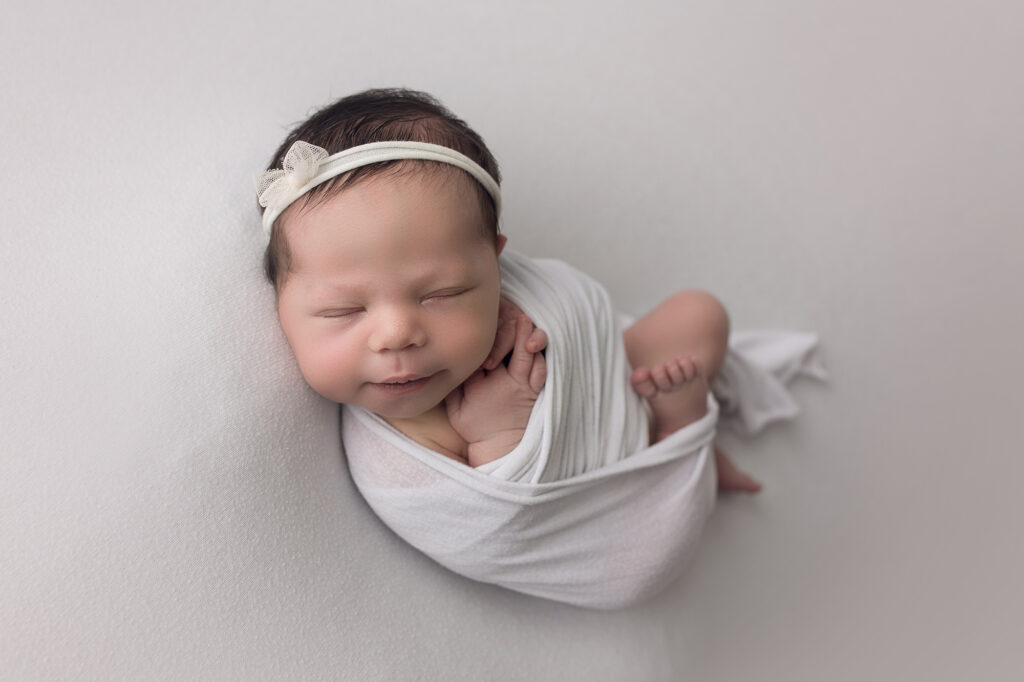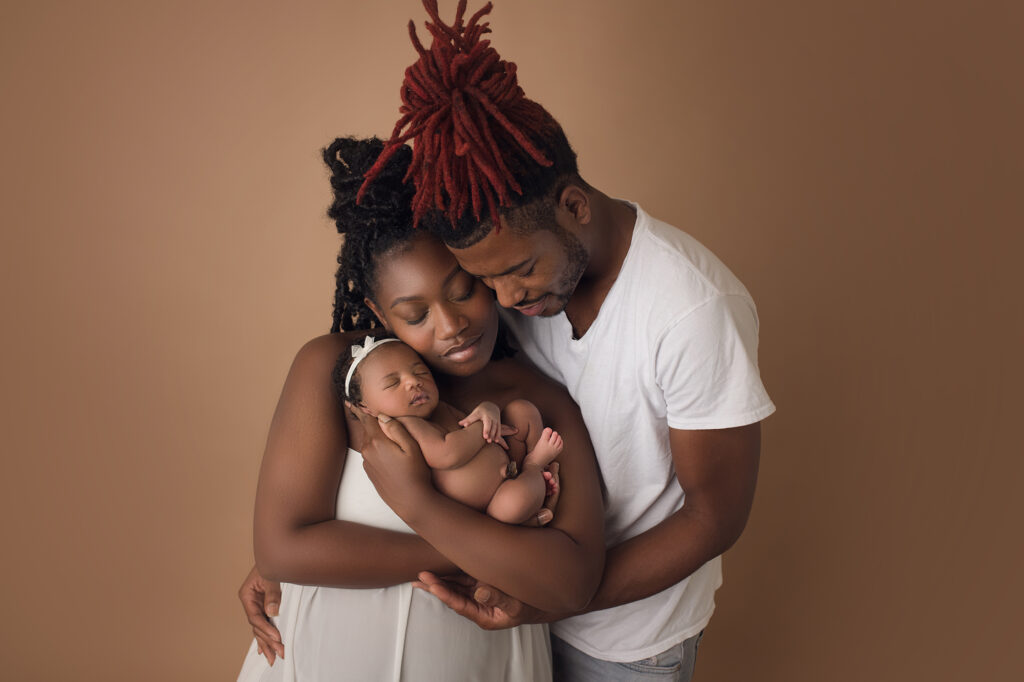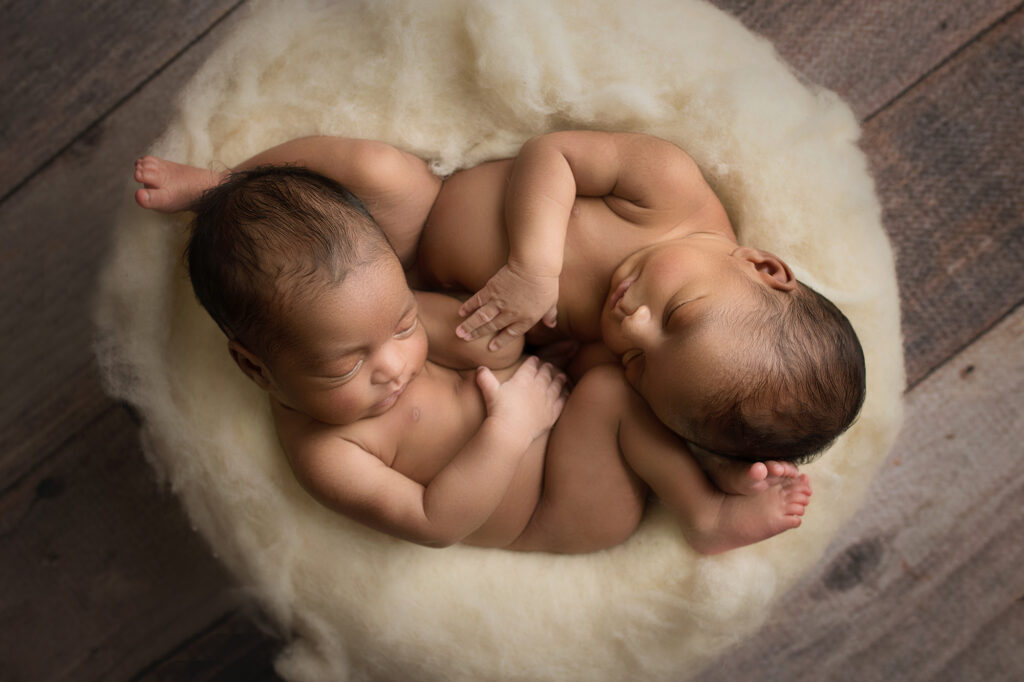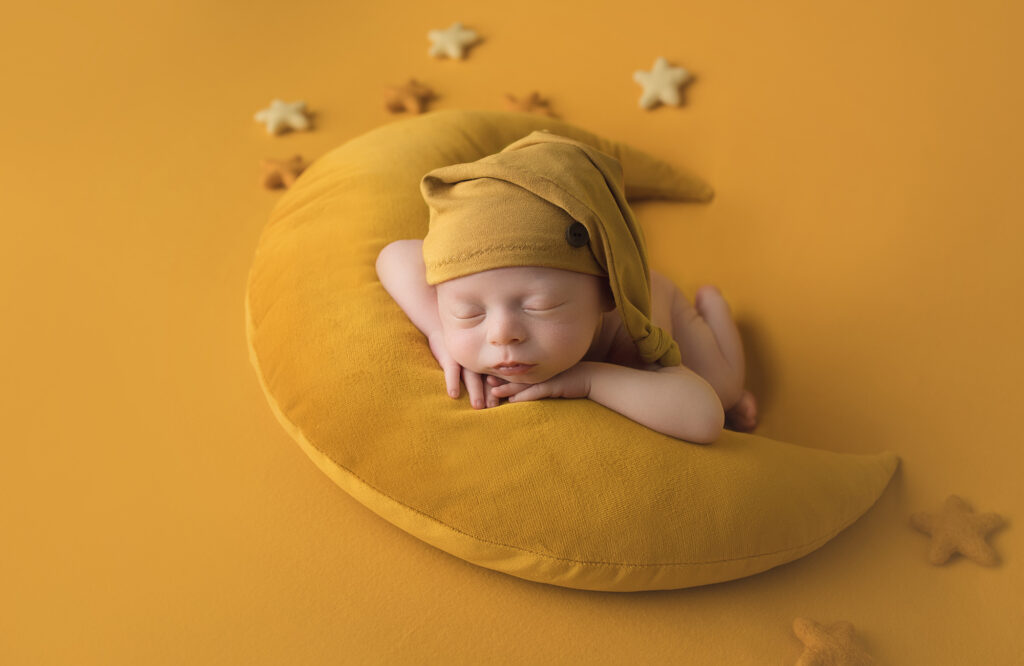Newborn Behavior: What to Expect From Your Baby
Newborn Behavior: What to Expect From Your Baby. If you haven’t spent much time around newborns, you might find yourself a bit anxious with your own baby. Their movements, reactions, and fussiness are all caused by something, but what is it exactly?
Every child is different, but when it comes to newborn babies, even though they grow at different rates, they tend to follow similar developmental patterns. Knowing what to expect from your newborn as she develops can help you know if something is wrong.
Let’s look at some of your baby’s normal behaviors and developments and break them down so you know what to expect in the first few months of your baby’s life.
Crying
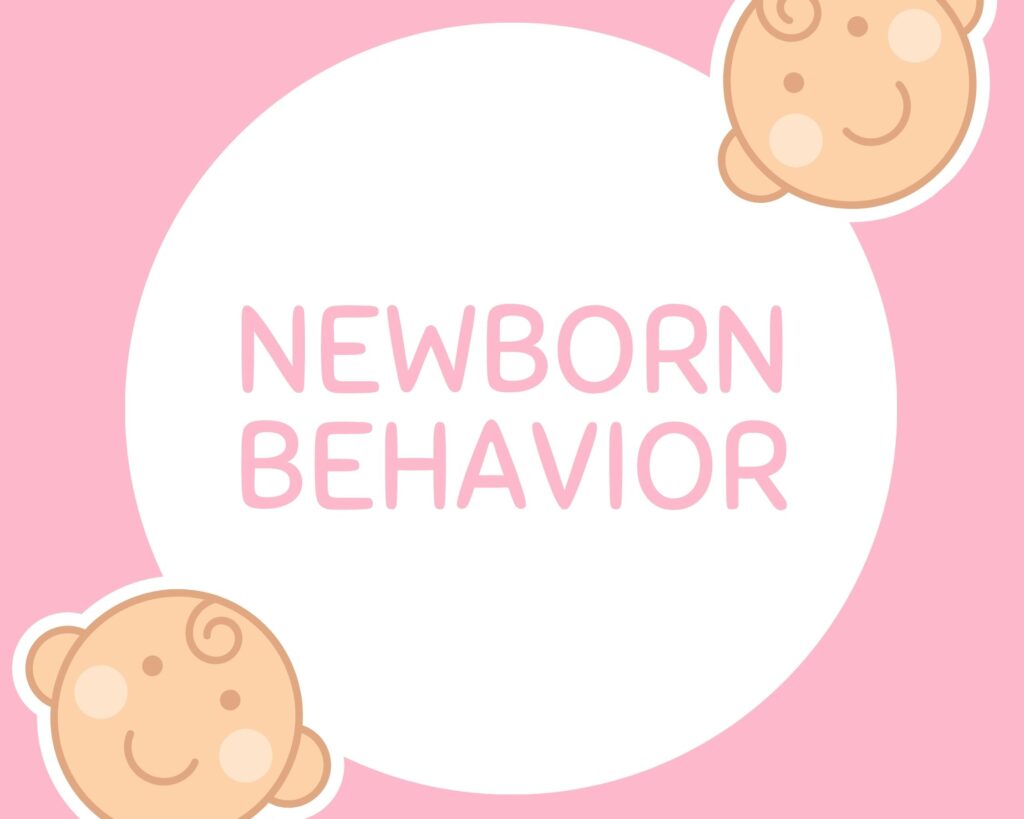
It’s no secret — newborns cry a lot. It’s their only way of communicating that something’s off. Your baby will cry if he’s hungry, tired, uncomfortable, sick, gassy, or needs a diaper change.
It’s also not out of the ordinary for a baby to cry for no reason at all, which can be frustrating. Try to stay calm and figure out how best to soothe your baby — maybe by swaddling him, rocking him, or murmuring to him. Many babies cry before taking a nap, so if nothing seems to be working, you can try giving him a few minutes to cry it out and see if he falls asleep.
Decoding your newborn’s cries may seem like a challenge now, but the more you listen, the more proficient you will be at understanding what it is he is trying to say.
If you think your newborn is crying more often or differently than normal, reach out to your doctor. This might be a sign that your baby isn’t feeling well.
Sleeping
Your newborn will sleep a lot, up to 20 hours a day, in fact. Since newborns have smaller stomachs, they have to eat often, so they sleep for shorter periods of time. Your sleep schedule will have to adjust to accommodate her feeding patterns.
For the first couple of months, your little one will only sleep up to four hours at a time. By the time she is three months old, however, she should be sleeping between six and eight hours at a time.
To keep your baby safe while she sleeps, experts recommend placing her on her back in her own crib without a blanket. This will decrease the risk of Sudden Infant Death Syndrome, or SIDS.
Breathing
You may notice that your newborn has an abnormal breathing pattern. This is totally normal. Most parents are hyper-aware of how their babies breathe, especially while their babies sleep, because of the concern for SIDS.
When newborns are awake, their breathing can get pretty rapid, up to 50 breaths a minute, especially when they’re excited or if they’ve been crying. However, your baby may also experience periodic breathing, which is normal. Periodic breathing usually happens during sleep when an infant will stop breathing for five to ten seconds and then start again. If your baby stops breathing for longer periods of time or turns blue, take your baby to the emergency room or contact your baby’s doctor.
Sneezing and Hiccuping
Your baby is going to make all kinds of cute noises, including natural ones you yourself make like sneezing and hiccuping. It’s completely normal for your baby to do these things as well. Your baby may get the hiccups after feeding. The best thing to do is to let them run their course. Since your baby primarily breathes through his nose, sometimes he’ll sneeze to clear out any dust or mucus.
Reflexes
Babies are born with several natural reflexes that instinctually protect and nourish them. Your baby’s doctor will check them at her very first doctor’s visit. These important reflexes include:
Startle reflex: Typically a response to a loud noise or sudden movement, your baby’s startle reflex is present from birth and will last about six weeks. This reflex may cause your newborn to tighten his body, lift his arms, bring up his knees, and then bring his arms back close to his body.
Rooting reflex: If you touch your baby’s check, you will trigger his rooting response. This reflex’s purpose is to help find food. He will turn his head toward the touch, mouth open, ready to latch for a feeding.
Grasp reflex: When you press your finger into your baby’s palm, she will wrap her fingers around it and squeeze. This reflex also causes your baby’s toes to curl.
Sucking reflex: Another reflex to help her find food, the sucking reflex is triggered by placing an object in her mouth. Whether it’s a bottle or breast or a pacifier, she will begin to suck.
Stepping reflex: Helpful for preparing your baby to eventually walk, the stepping reflex occurs when you hold him upright, place his feet on a flat surface. He should naturally lift one foot and then the other as if he’s trying to take a step.
Tonic neck reflex: When your baby is placed on his back with his head turned to one side, his arm on that same side will lift. This response appears sometime between birth and when your baby is two months old.
Vision
You may never get tired of staring into your baby’s eyes, but for the first few weeks, he won’t be able to see very much since his visual acuity is still developing. Newborns are nearsighted and sensitive to bright lights, so their eyes often close, cross, or drift outward. It’s not until about month three that your baby will be able to focus his gaze on one thing or track movement with his eyes.
Hearing
Your baby is used to hearing all kinds of sounds, even when she was in the womb. Now that she’s out in the world, she knows her caregivers’ voices best. You may be able to notice that your baby is comforted by the sound of your voice. She knows your voice means that food and warmth and comfort are nearby. Newborn Behavior: What to Expect From Your Baby.
If you are looking for an award winning newborn photographer in the Raleigh area, Sally Salerno is the one! Please see her portfolio here. For Facebook here.





